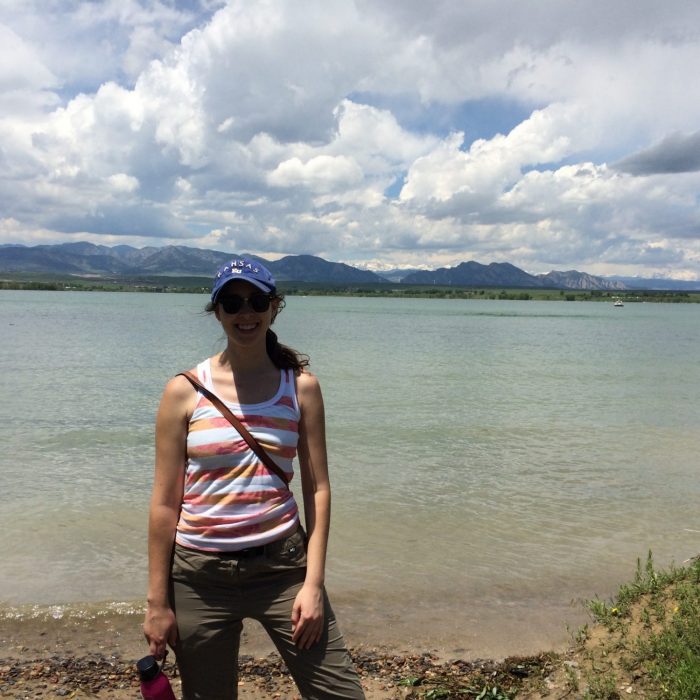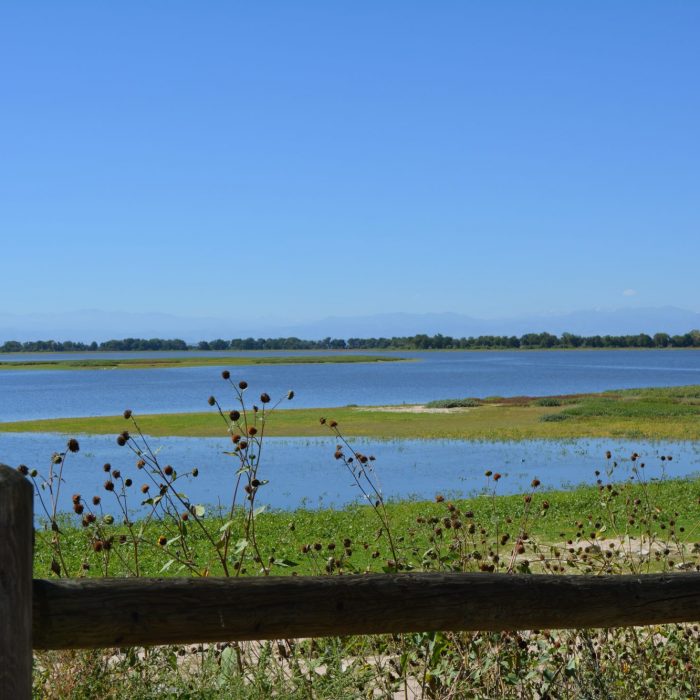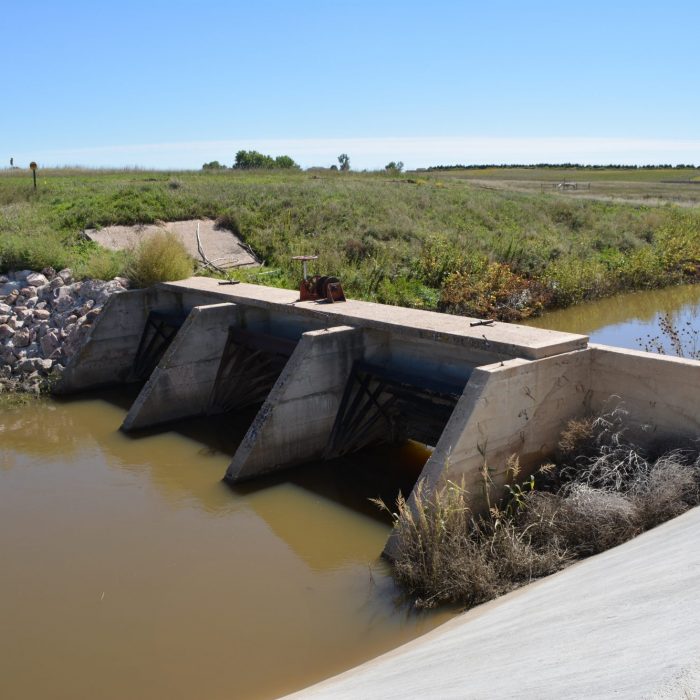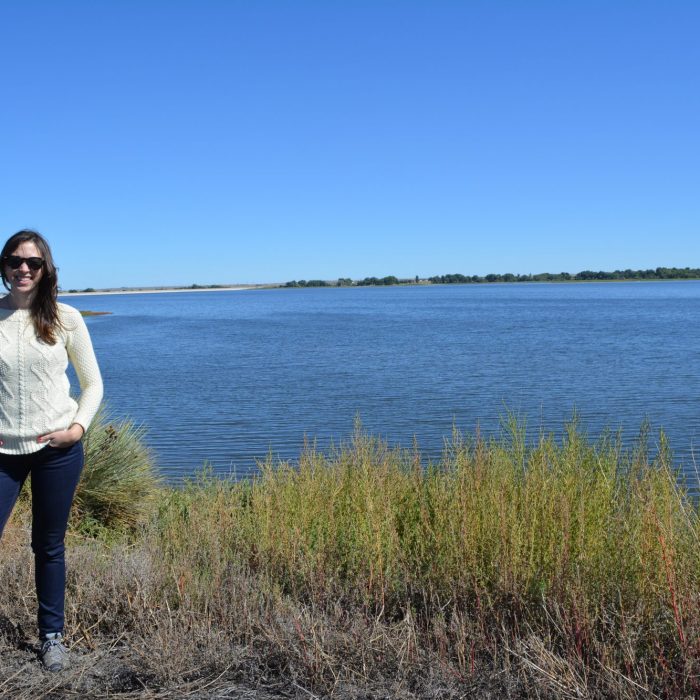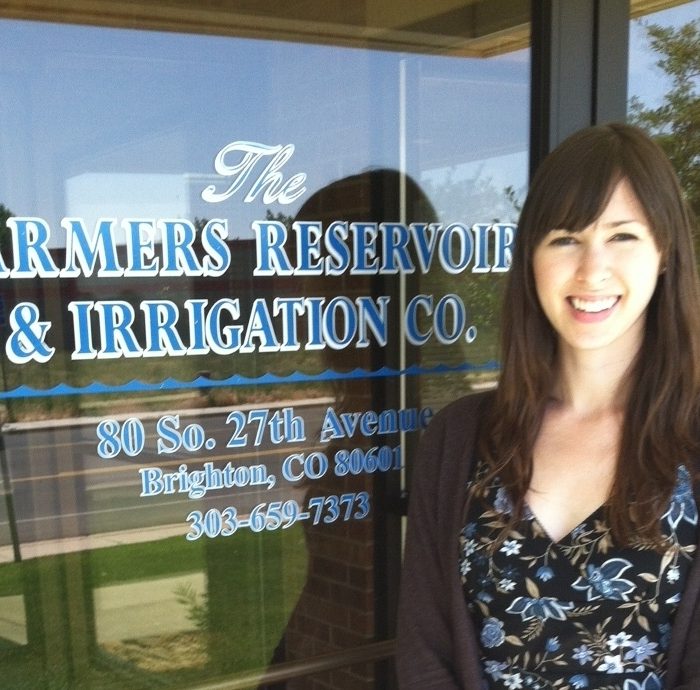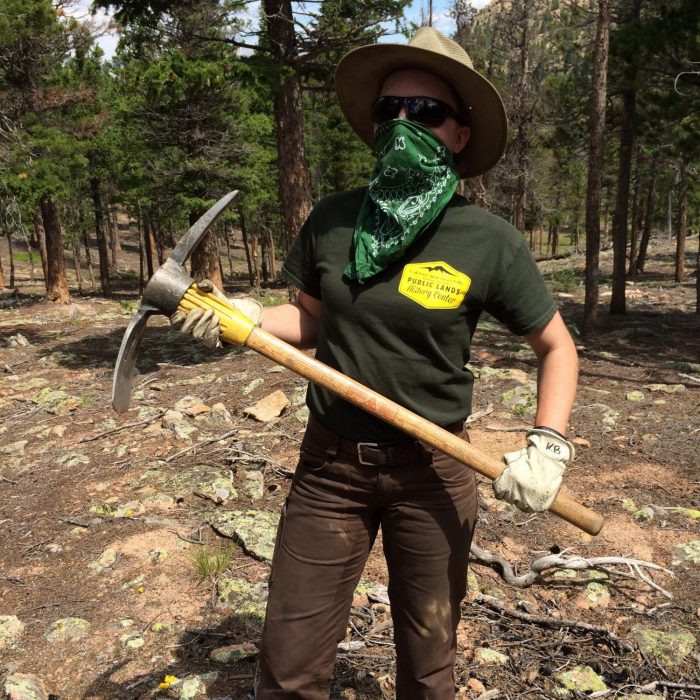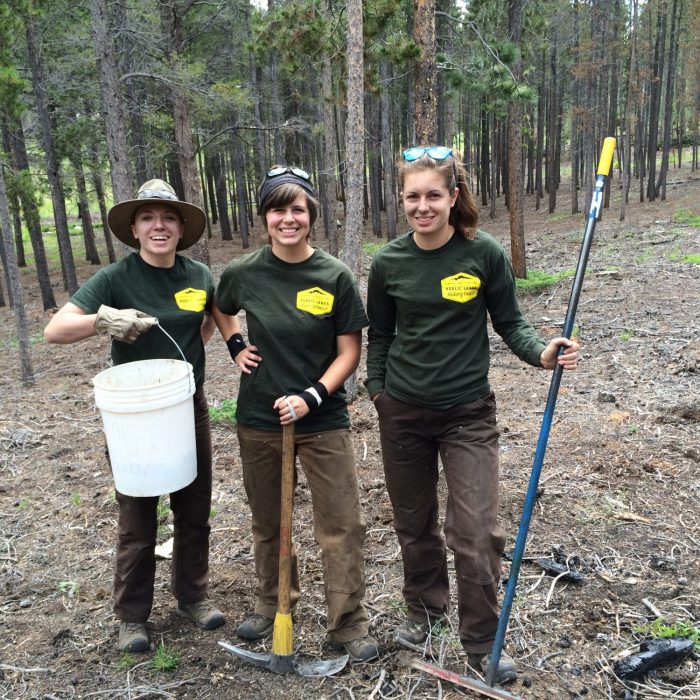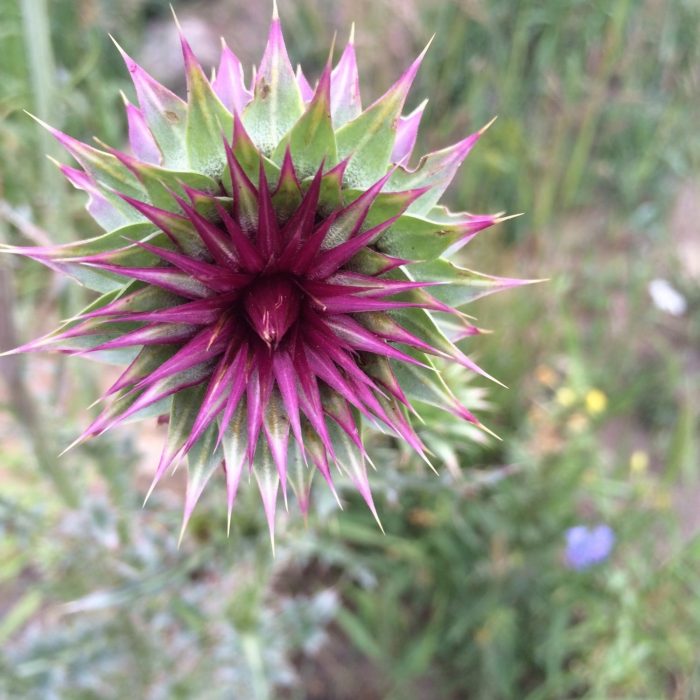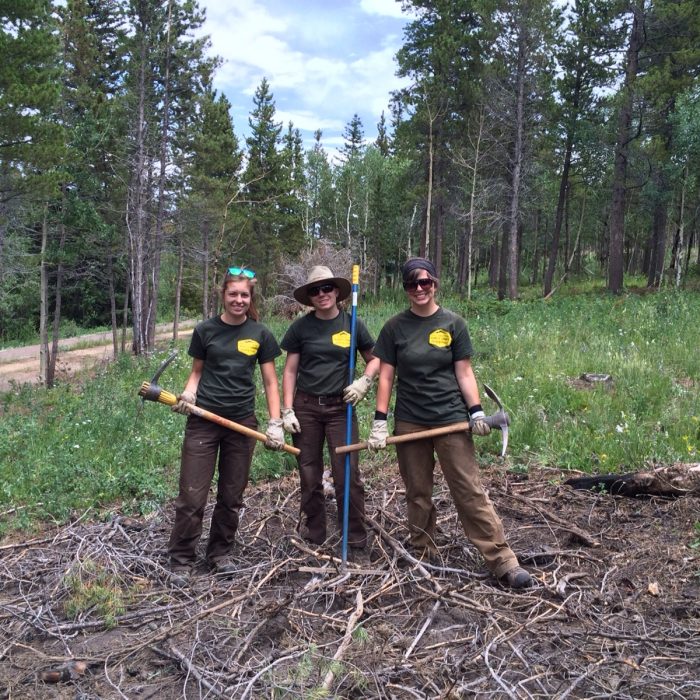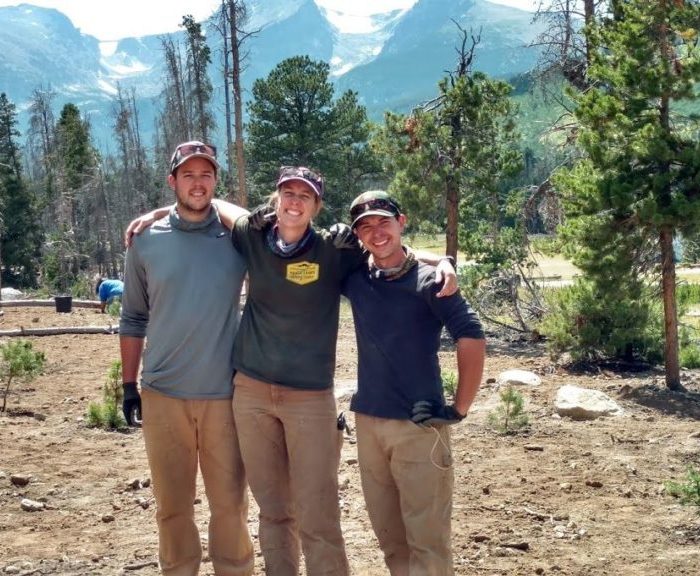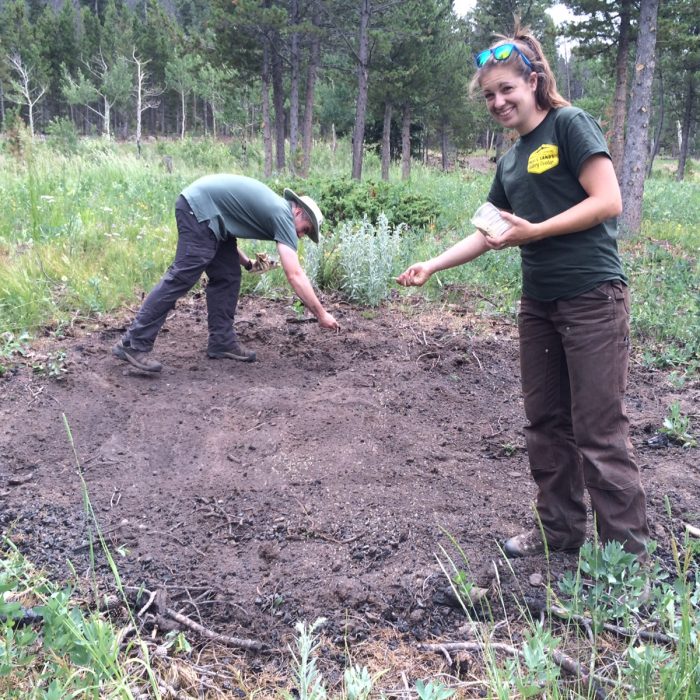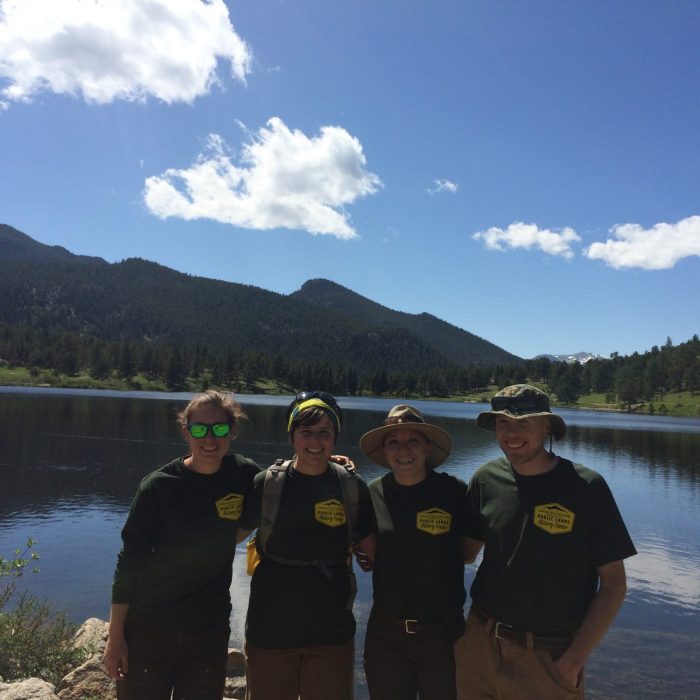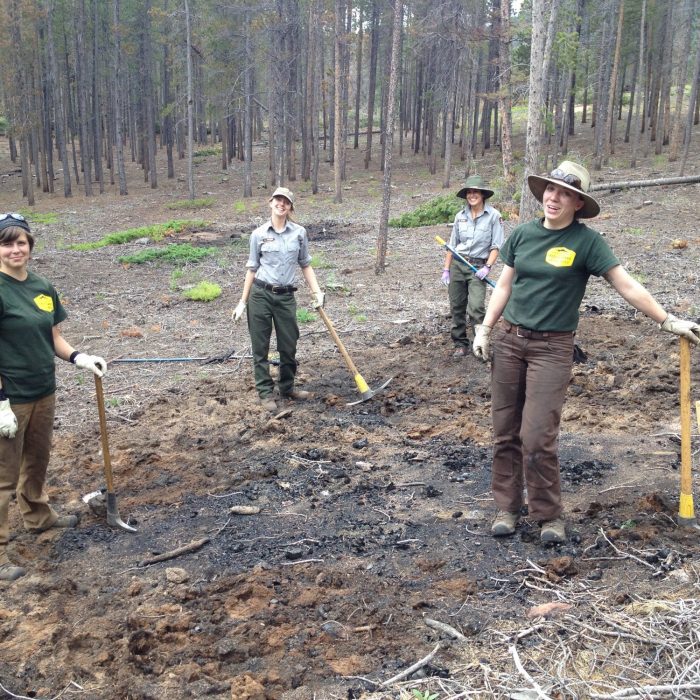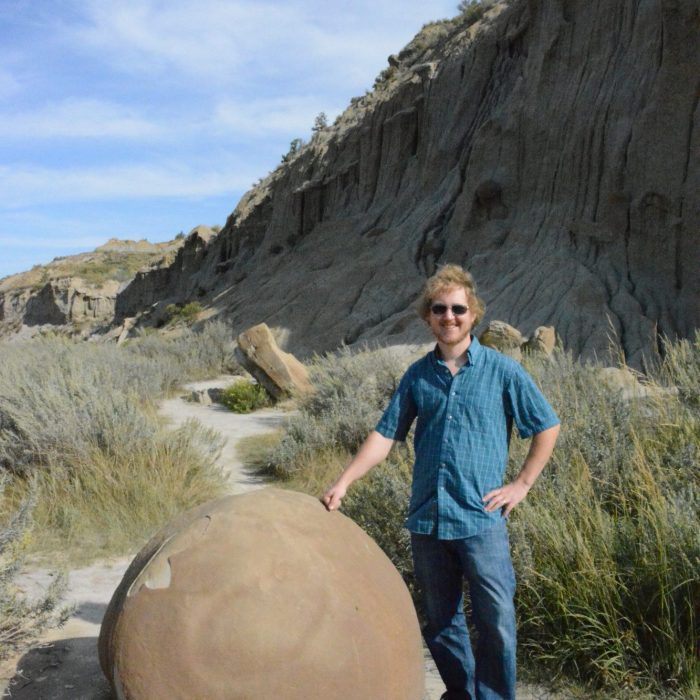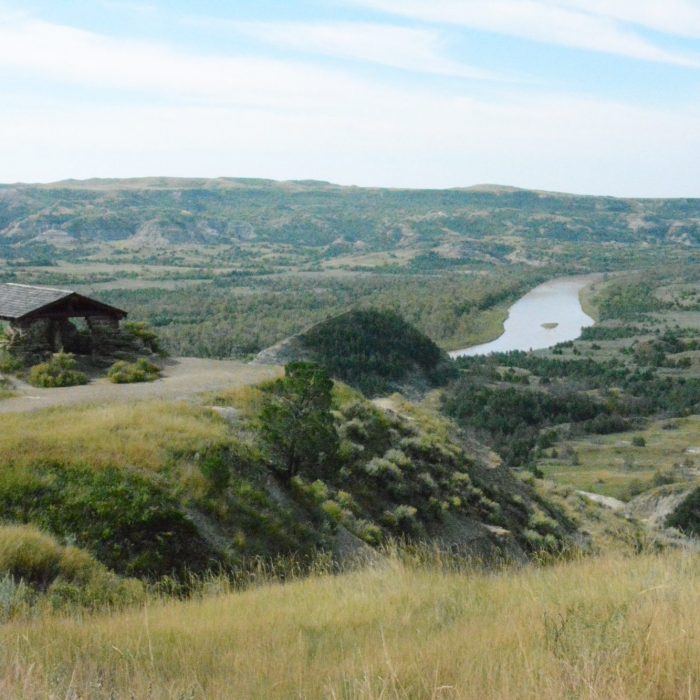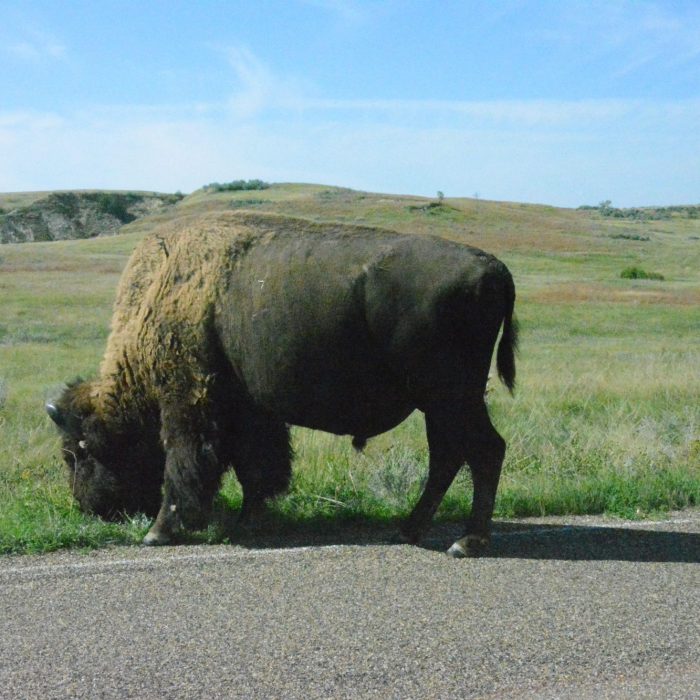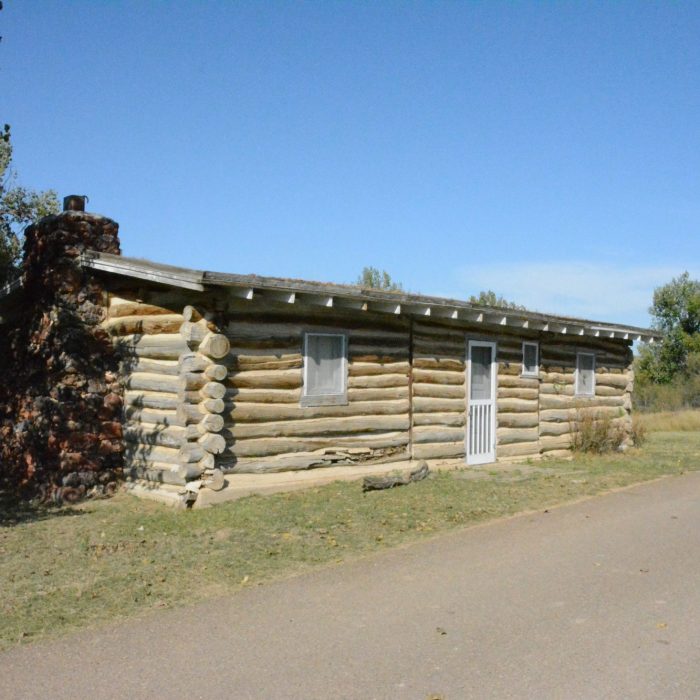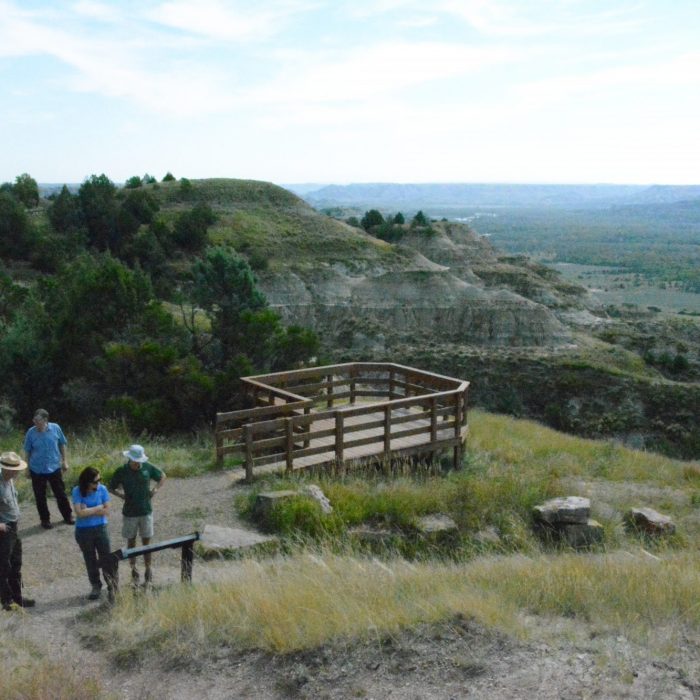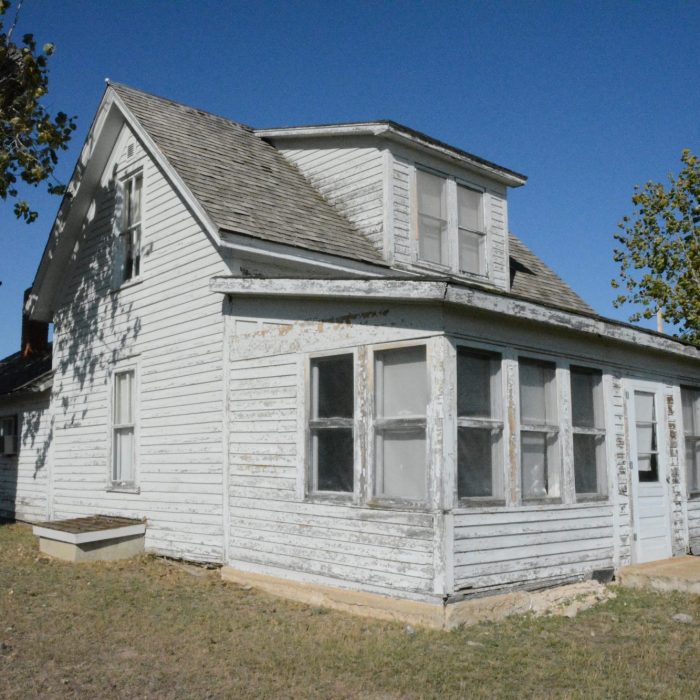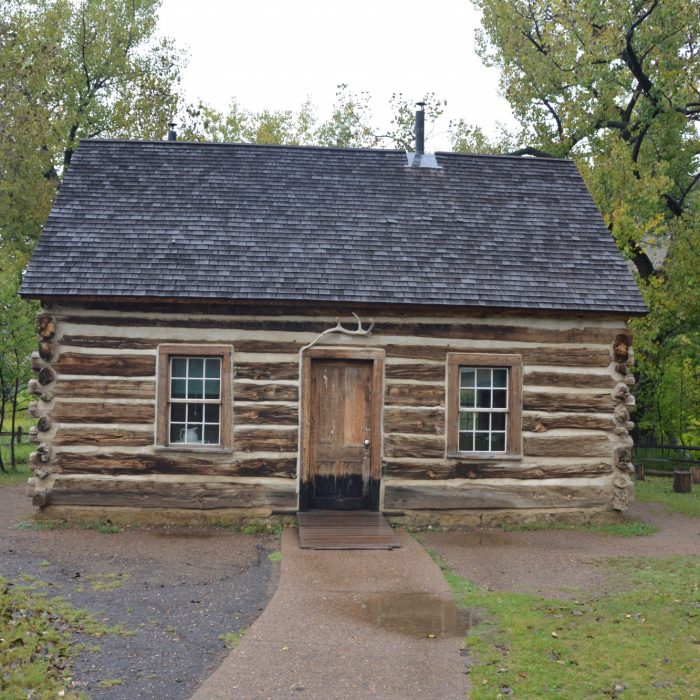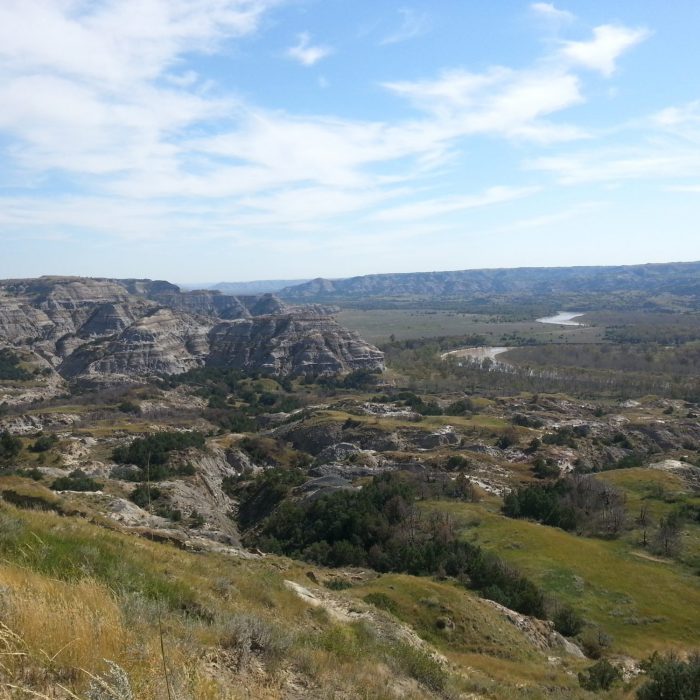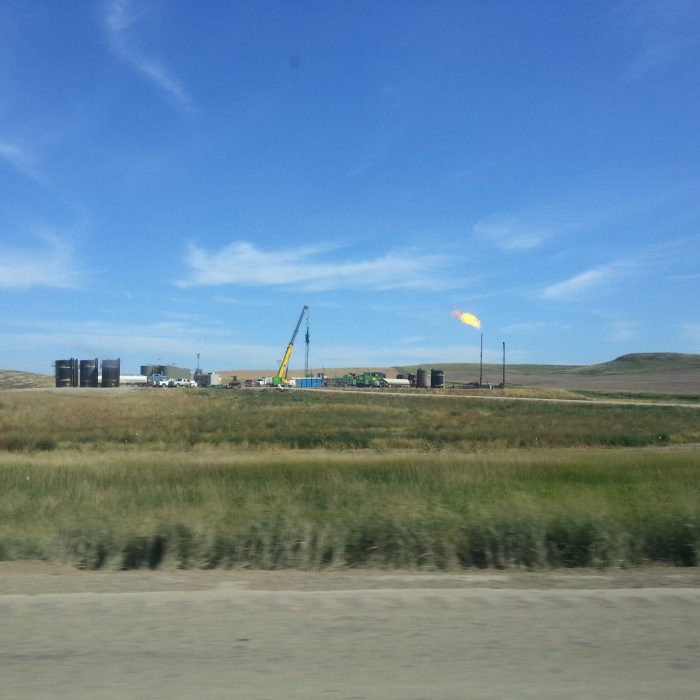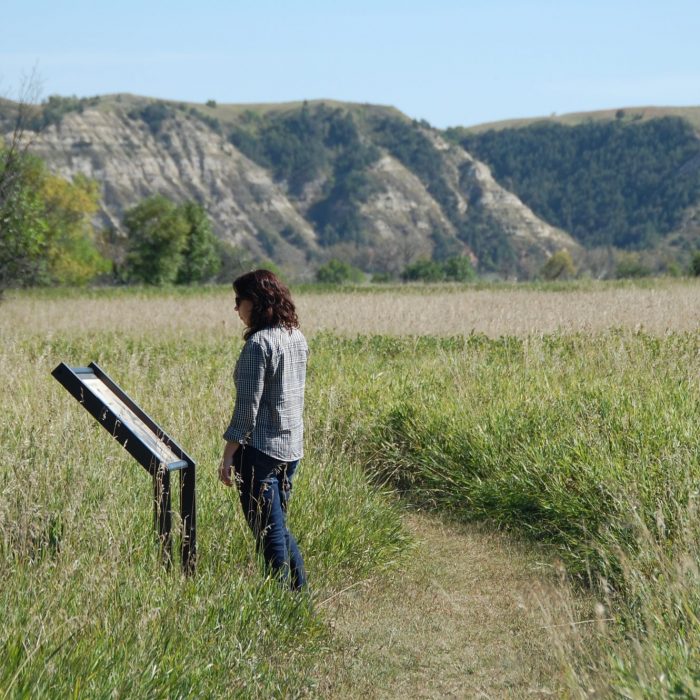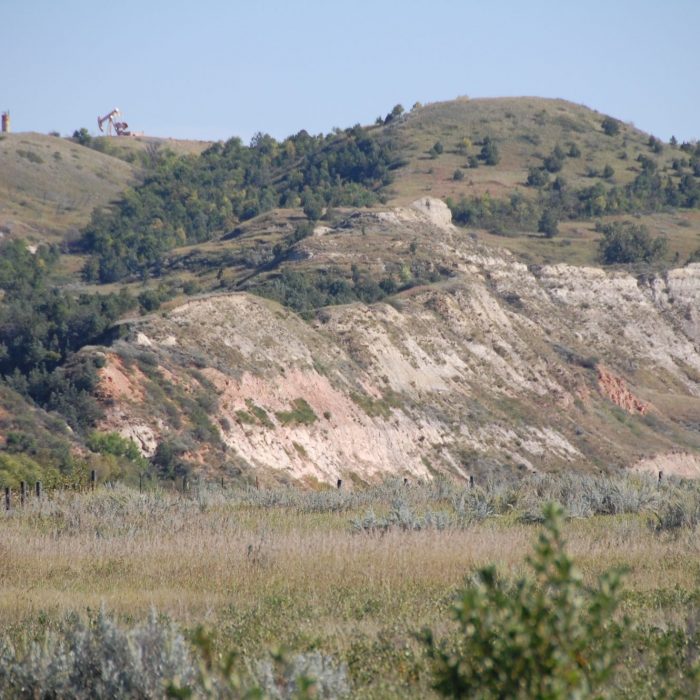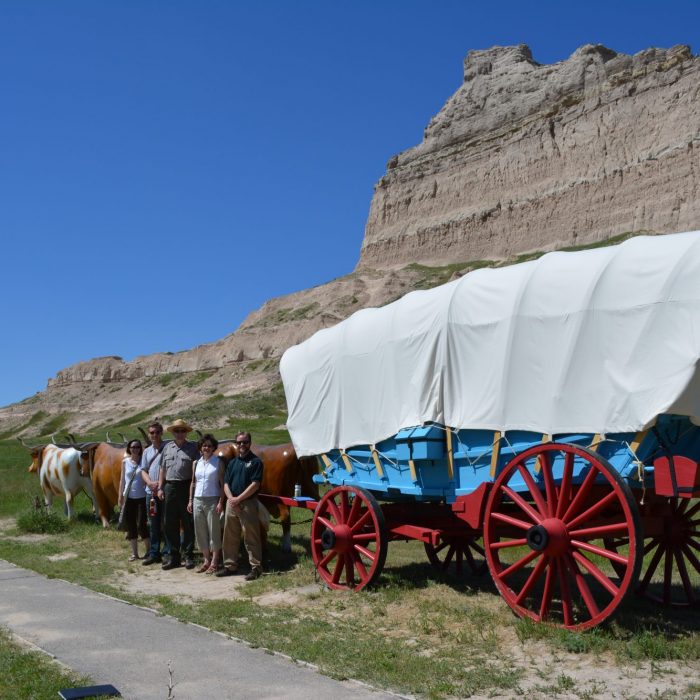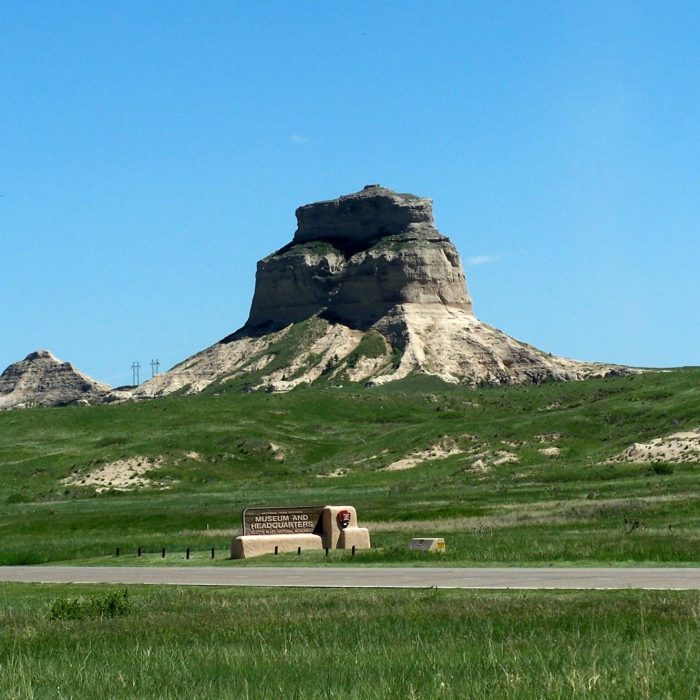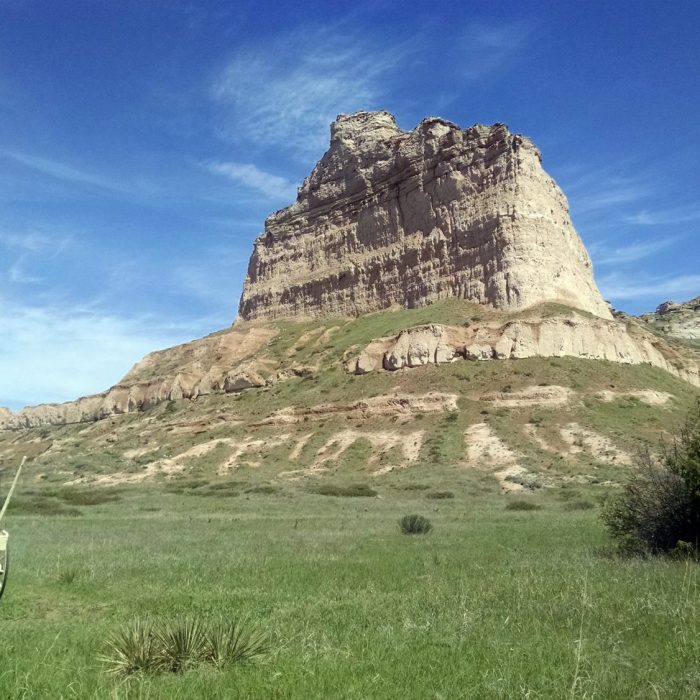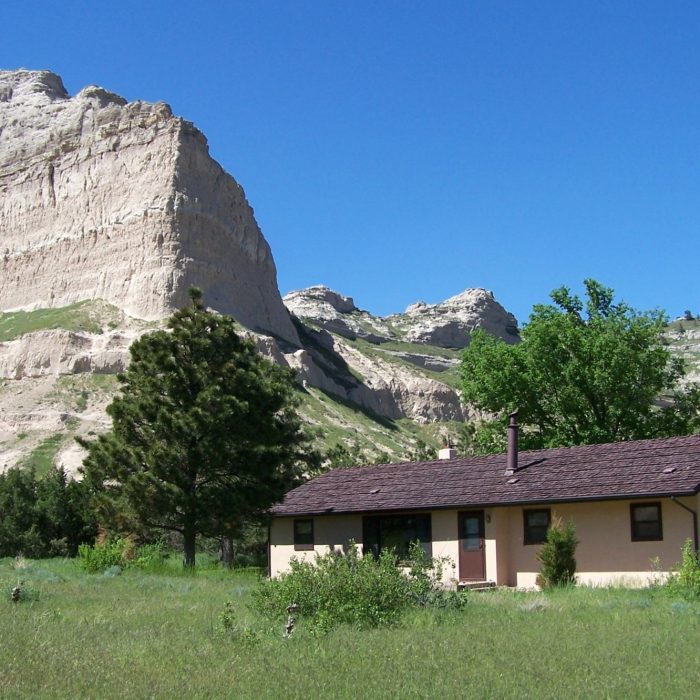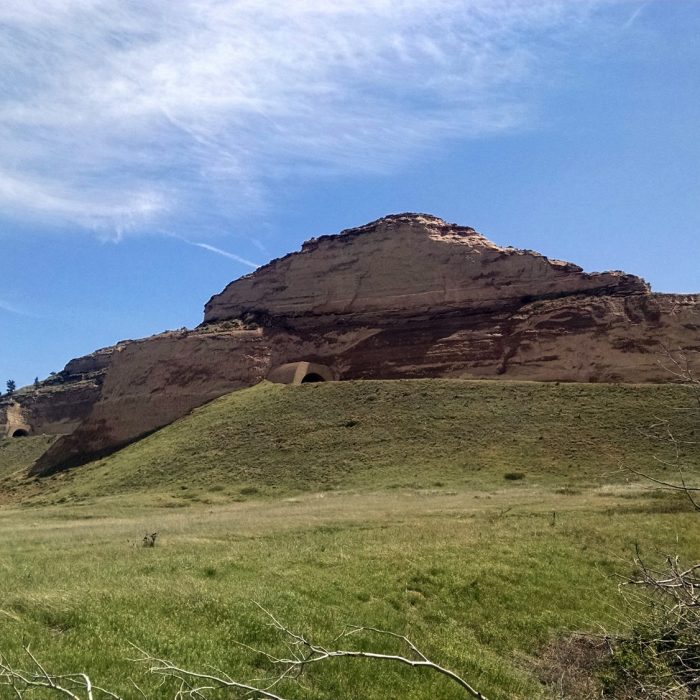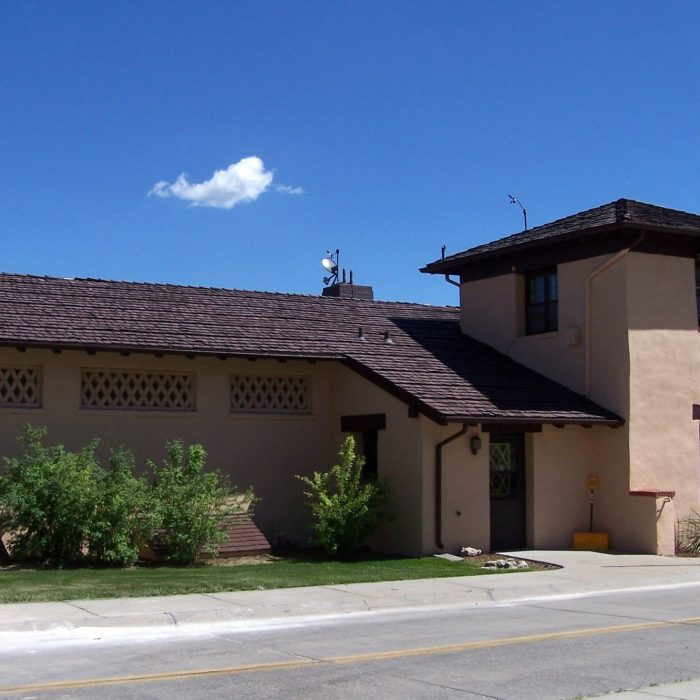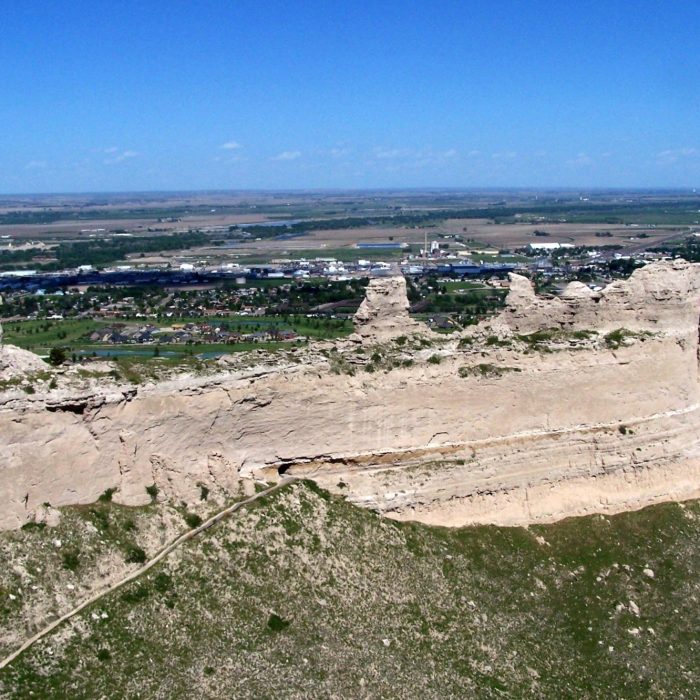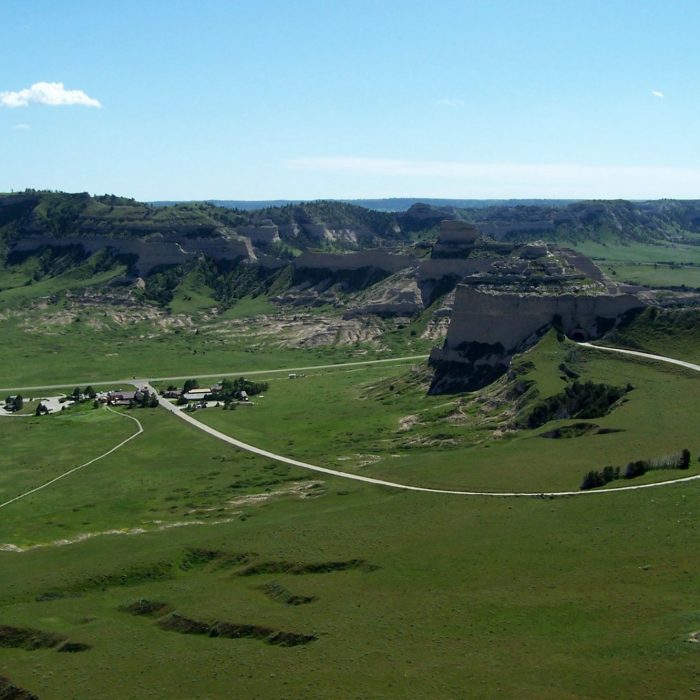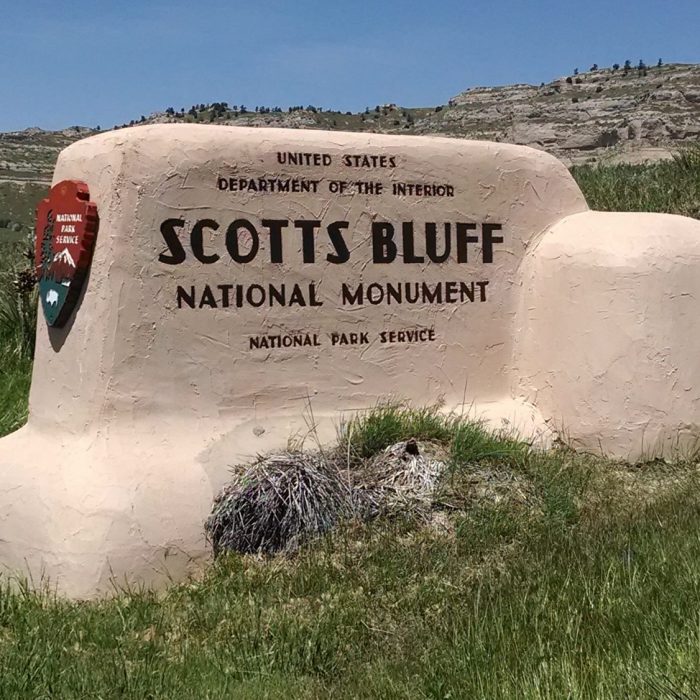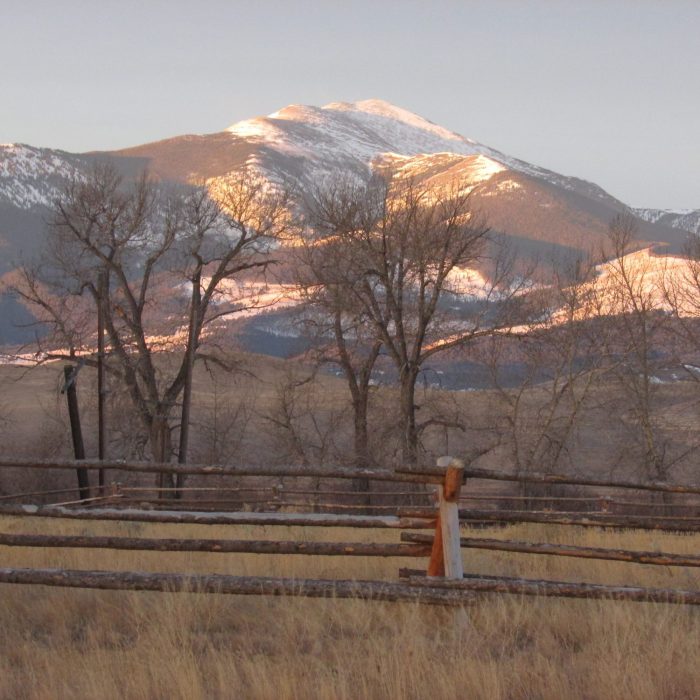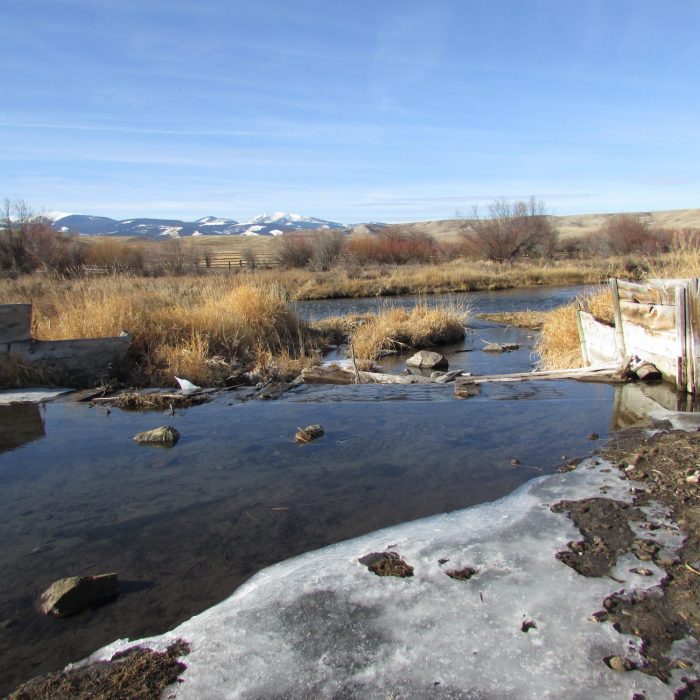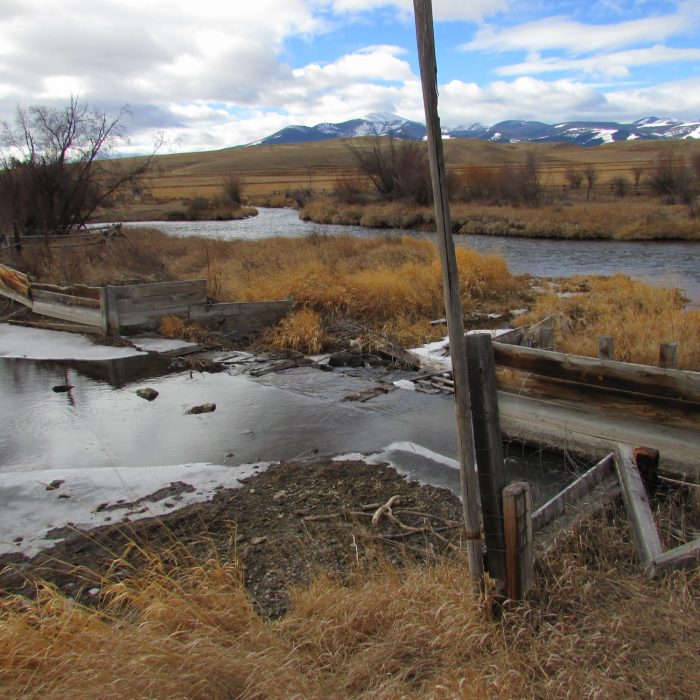Administrative Histories Management Documents
The Public and Environmental History Center partners with a institutions and agencies to complete a range of administrative and management histories and documents. These reports provide broad historical contexts and help institutions and agencies better interpret and manage use of historic sites, landscapes, and natural and cultural resources. These documents also provide the foundation for institutional management and strategic planning decisions by laying the historic background and framework for an organization's past history and by pointing toward future management and planning recommendations. These projects include administrative & institutional histories, environmental histories, historic resource studies, historic context reports, resource stewardship strategies, and cultural landscape reports, Below are descriptions of administrative and management projects undertaken by the PEHC. Contact us to discover how we can partner with you to create these foundation documents for your institution or agency.
Administrative & Institutional Histories
History of Mortgage Banking and the Development of Colorado and Kansas
Partner: E. Michael Rosser (PLHC Advisory Board member and Certified Mortgage Banker)
Consultant: Dr. Mark Fiege
Researchers: Diane Sanders and E. Michael Rosser
Timeline: 2013-2015
This project has produced a book manuscript for publication on the history of the mortgage banking industry in Colorado and Kansas, highlighting the important but underemphasized role that financing played in the settlement and development of the American West. Author E. Michael Rosser, working with co-author Diane Sanders, uses his own professional experiences and those of his father and colleagues to provide a lens for this regional examination of the larger mortgage banking story.
Administrative History of Farmers Reservoir and Irrigation Company
Partner: Farmer’s Reservoir and Irrigation Company
Project Principal Investigators: Dr. Mark Fiege, Dr. Reagan Waskom (Director, Colorado Water Institute)
Researcher: Hayley Brazier
Timeline: 2012-2015
This project built upon the earlier oral history project for Farmers Reservoir and Irrigation Company (FRICO) by completing a narrative administrative history of the company using the oral history interviews as well as archival and secondary research materials on the company and water use along Colorado’s Front Range. The final product tells the story of FRICO in the context of agricultural and urban development and growth in Colorado and provides FRICO members with a cohesive and well-documented account of their collective history. This narrative history of the organization provides a strong foundation for meeting future challenges and permanently documents the important role FRICO has played in Colorado’s water history.
Environmental Histories
Environmental History of Invasive Plant Species & Exotics/Restoration Field Work
Partner: Rocky Mountain National Park
Project Principal Investigators: Dr. Mark Fiege, Dr. Ruth Alexander, Dr. Adrian Howkins, Dr. Jared Orsi
Crew Members: Mark Boxell (2016), Sean Fallon (2016), Maggie Moss Jones (2016), Alison Foster (2014 project lead), Kim Bauer (2014), Ellen Blankers (2014), Nicholas Shannon (2014)
Timeline: 2014, 2016
One of Rocky Mountain National Park’s resource management issues is addressing invasive, exotic species within park boundaries. These exotics displace natural vegetation and consequently affect the long-term health of native plant and animal communities. This project, which works in tandem with the Parks as Portals to Learning field course workshop, will assist park staff in managing exotic vegetative species within the park. Crew members produce environmental histories of specific exotic plants in order to provide park staff with a better understanding of the invasive species, where they came from, and now to address their management. These histories or management briefs support prioritization of species for removal, prevention of reintroduction, and communication with adjacent landholders, other stakeholders, and visitors regarding invasive species management in the park. In addition, this project involves a hands-on educational component that involves crew members in the physical work of exotics and restoration activities within the park. Working with the park’s exotics and restoration crews, PLHC crew members will perform removal and restoration activities within affected areas of the park.
Historic Resource Studies
Historic Resource Study of Theodore Roosevelt National Park
Partner: Theodore Roosevelt National Park
Project Principal Investigators: Dr. Jared Orsi, Dr. Janet Ore, Dr. Mark Fiege
Researchers: Dr. Janet Ore (2013-), Dr. Jared Orsi (2013-), Maren Bzdek (2013-2015), Dr. Clara Keyt (2014- ), Mark Boxell (2015), Hannah Braun (2016), Andrew Cabrall (2015), Nicholas Gunvaldson (2015), Kailee Swolley (2014), Jacquelyn Stiverson (2014), John Kochanzcyk (2013-2014)
Timeline: 2013-
This project is producing a Historic Resource Study for Theodore Roosevelt National Park, which will examine the significance of the cultural and natural resources of the park in the development of Theodore Roosevelt’s appreciation of nature and of his conservation/preservation ethic that would later influence national policy. The finished study will include chapters on Native Americans, Theodore Roosevelt in the Badlands, Theodore Roosevelt and the Conservation Movement, homesteading, the New Deal and founding of the park, Mission 66 and park modernization, the park era and threatened resources, and the park and hydrofracturing. The document also includes a master resource list and bibliography. The purpose of the study is to produce a baseline history document to assist in the preservation of nationally significant cultural and natural resources, as well as to help the park identify and manage these historic resources for the benefit of the public and to assist the interpretation of these resources to the public.
Historic Context Reports
Historic Context Report and Interpretive Tools for Exhibits and Programs
Partner: Scotts Bluff National Monument
Additional Partners: Cooper Foundation, Peter Kiewit Foundation, and a third anonymous private foundation
Project Principal Investigators: Dr. Ruth Alexander, Dr. Adrian Howkins
Researchers: Hannah Braun (project lead; 2014-), Dr. Douglas Sheflin (lead researcher; 2013-), Maren Bzdek (2013-2015), Andrew Cabrall (2013-2015), Nicholas Gunvaldson (2014-2015), Joel Scherer (2013-2014), Jordan Cooper (2014)
Timeline: 2013-
This multi-year project involves a historic context report for Scotts Bluff National Monument, a project website, public outreach presentations, and collaboration with an exhibit design firm for new exhibits and interpretation in the monument visitor center. The first part of this project produced a historiographical essay on the overland trail period 1840-1860 with focus on the Scotts Bluff area. The team visited the monument and conducted archival research. The second phase of the project resulted in completion of a ten-chapter historic context report on thematic topics related to the history of the Scotts Bluff area, including geology, Native American history, overland trail migration, overland trail memorialization, rivers and irrigation, homesteading, mobility and settlement, and the relationship between the monument and the local community. The team created a website to share information and solicit public comment, and visited the monument to conduct research, meet with staff, and hold public outreach presentations. The team consulted on historical interpretation with an exhibit design firm hired to redesign the museum exhibits and displays in the monument visitor center. The third phase of the project will result in polishing of the historic context report, continued exhibit design consultation, and expansion of the project website and other digital tools to disseminate the findings from the historic context report.
Project Website: http://scottsbluffhistory.com/
Oral History and Irrigation Report
Partner: Grant-Kohrs Ranch National Historic Site
Project Principal Investigator: Dr. Janet Ore
Researchers: Hannah Braun (2015-2016), Dr. Tracy Brady (2015-2016), Janell Nelson Byczkowski (2013-2014)
Timeline: 2013-
This project uses oral history to tell the story of water, ranching, and irrigation at Grant-Kohrs Ranch National Historic Site, connecting this story to the larger environmental history of ranching and water use in the West. The project will result in the recording and transcription of a half-dozen oral history interviews with area water users, a research report on the history of irrigation at Grant-Kohrs Ranch and its larger context in the U.S. West, including a summary of findings from the oral history interviews.
Cultural Landscape Reports
Evaluation of Cultural Landscape Management Needs for McGraw Ranch
Partner: Rocky Mountain National Park
Project Principal Investigators: Dr. Janet Ore, Dr. Bradley Goetz (Department of Landscape Architecture at Colorado State University)
Researchers: Jaci Wells (2014-2016), Kim Bauer (2014-2015), Nicole Sittner (2014-2015)
Timeline: 2014-2016
This project provides Rocky Mountain National Park with an updated integrated resource management strategy for McGraw Ranch Historic District. The park has identified deficiencies with its 2002 Cultural Landscape Inventory, which impacts the ability of park staff to set priorities and fulfill management directives. This project will produce interim, prioritized guidelines and treatment recommendations and an assessment and update of the existing CLI database. The products will emphasize site management problems associated with the aftermath of the 2013 flood at the site and will provide the park with tools for developing a flexible approach to managing the ranch while continuing to maintain its historic integrity and character-defining features.

